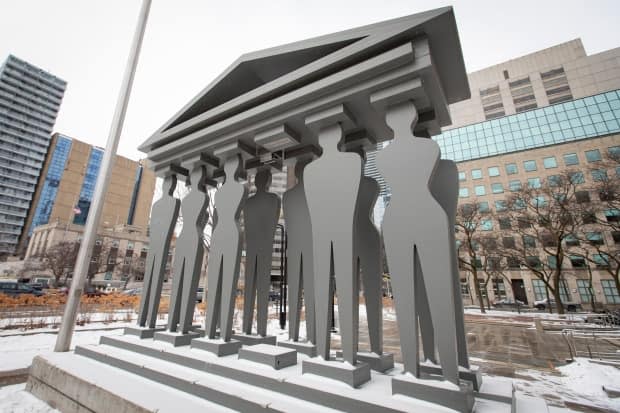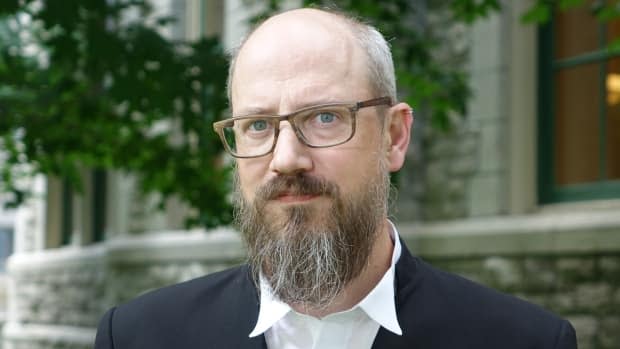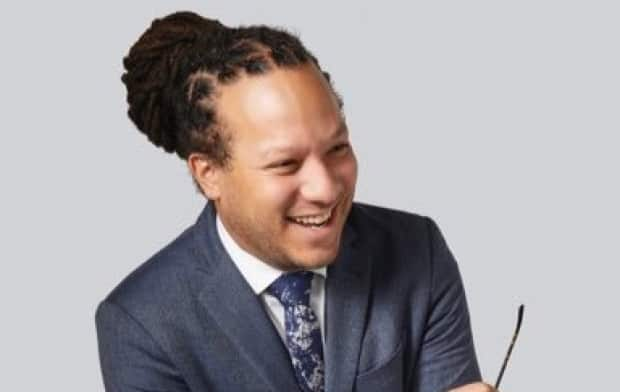Criminal defence lawyers sound alarm over Ford government's new justice of the peace appointees

Criminal defence lawyers are raising alarm bells after the Ford government appointed a slew of new justices of the peace, more than a third with former policing, military and correctional backgrounds — a move at least one lawyer is calling a "dark day for the appearance of justice in Ontario."
Last week, the province announced 41 new justices of the peace would be appointed to the Ontario Court of Justice, effective July 8, following changes to the Justice of the Peace Act early in the pandemic. Fifteen of those appointees have past careers with the Canadian Armed Forces, various police services, border services or as parole officers.
It's not the first time a justice of the peace has had a prior background in such a field, but the scale of this new set of appointments is one critics say is part of a larger attempt by the Ford government to stack the bench and exert more control over the judicial system.
"This is a deeply disturbing development," criminal defence lawyer Michael Spratt told CBC News.
"The number of police, law enforcement, corrections individuals who are appointed raises some huge red flags, not only for the administration of justice but for the perception from the accused, from the public's point of view about how justice will be administered," said Spratt.
"The problem with appointing police officers is they are a partisan actor. To have someone who can be arresting individuals and advocating for their detention one day and then deciding that bail issue another day is deeply problematic."

Changes included in 2020 COVID recovery legislation
Changes to the Justice of the Peace Act were included in the 2020 COVID-19 Economic Recovery Act — a move critics say was a veiled attempt to remake the judiciary and align it more closely with the government's political leanings.
Unlike judges, justices of the peace don't preside over criminal prosecutions. But they do determine if an accused person should receive bail or stay behind bars while they await trial. They also can decide whether to grant police a search warrant, and allow production orders for things like telephone and banking records to be turned over to the police.
In addition, they preside over nearly all provincial offences from speeding tickets to workplace health and safety files and sometimes even municipal election act offences.
Justices of the peace are selected by the attorney general from a list provided by an independent advisory committee. The changes to the act cut the number of people on that committee from 63 to 38 and give the attorney general the ability to recommend additional selection criteria.
"If the system isn't broke, we can only conclude that the fix is in. And that's the real problem here. There was no reason to monkey around with this unless you had a specific group of people you wanted to appoint," Spratt said.
The changes followed a 2019 appearance by Ontario Attorney General Doug Downey on TVO's The Agenda, in which Downey indicated he wanted to increase diversity among judicial appointments.
"There are two parts to the appointment of judges. One is to decide whether whether they're qualified or not qualified, and that's really important. But the second part is for me to pick people who, you know, reflect some of the values that I have," he said at the time.
'Urgency' to improve system, province says
In a statement to CBC News, spokesperson Kerstie Schreyer said the mandatory qualifications for becoming a justice of the peace have not changed and that the Justice of the Peace Appointments Committee recruits candidates "independently of the government."
"The Attorney General may only recommend the appointment of candidates who have been classified by the Justices of the Peace Appointments Advisory Committee as 'recommended' or 'highly recommended," Schreyer said.
Schreyer added the new process "ensures greater transparency and encourages more diversity" and requires the advisory committee to publish diversity statistics as part of their annual reports. She also said there was "an urgency to ensure the system was improved," noting only 12 justices of the peace were appointed to fill 34 positions the previous year.
Over the past five years, no more than 28 justices of the peace were appointed at any one time in Ontario.
"By filling justices of the peace vacancies more quickly, Ontarians will benefit from a justice system that responds to the needs of people navigating the legal process," she said.
She also said the changes were first proposed prior to the COVID-19 pandemic. As for allegations that the government is stacking the bench, Schreyer said vacancies are identified by the Chief Justice and not by the government, and that the advisory committee and AG work to fill those vacancies together.
'Like the frog in the water that's getting hot slowly'
Of the 41 new appointees, six have names matching those of Conservative Party donors on Elections Ontario's political contributions list as first noted by the online publication QP Briefing.
Asked if any of the six would confirm or deny whether in fact they had contributed to the party, the Ontario Court of Justice told CBC News, "The Justices of the Peace respectfully decline to comment."

Attorney General Doug Downey's office also did not comment on the question.
For Joshua Sealy-Harrington, assistant professor of law at Ryerson University, the move by the Ford government isn't so much a step toward politicizing a neutral system.
"I think courts are always political," he said. Instead, he worries the change will have a more systemic impact on the administration of justice, pushing it "toward a conservative outlook on what public safety means, on what justice looks like."
John Struthers, president of the Criminal Lawyers Association, says he fears the legacy of the Ford government will linger a long time in the justice system, with justices typically spending decades on the bench.
"What we're seeing here is essentially a stacking of the bench with a particular point of view," said Struthers.
"It's like the frog in the water that's getting hot slowly... And we should be well aware of what's happening."

